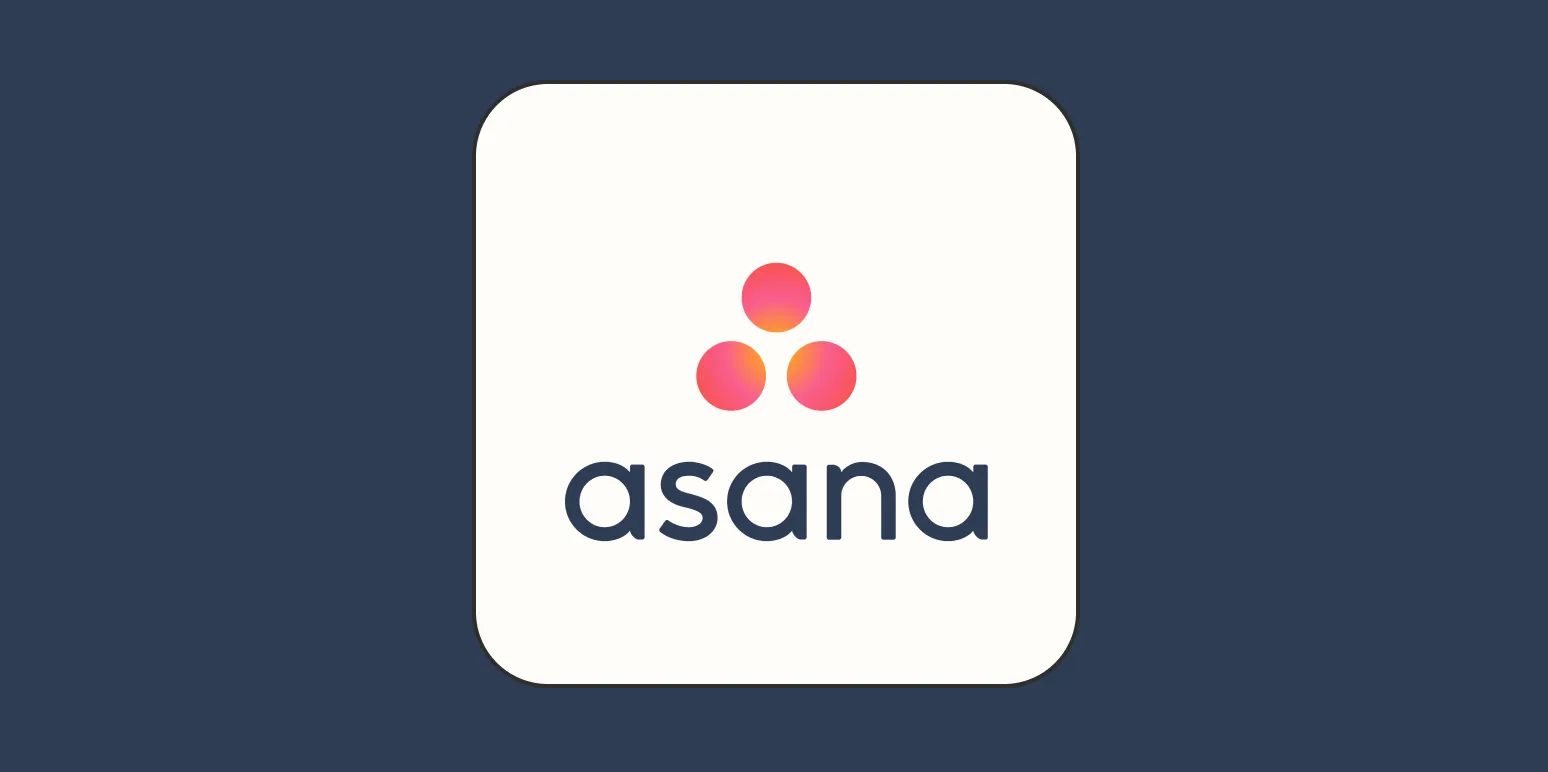1. Task Management
Asana’s core functionality revolves around task management, allowing teams to create, assign, and track tasks efficiently. This feature is essential for keeping projects on track.
2. Project Templates
Utilize project templates to kickstart your initiatives. Asana provides pre-built templates tailored for various industries, saving you time and ensuring consistency across projects.
3. Timeline View
The timeline view offers a visual representation of your project’s schedule. This Gantt-style feature helps you plan, schedule, and track the progress of tasks, making it easy to see dependencies and deadlines.
4. Calendar View
Asana’s calendar view allows teams to visualize deadlines and milestones in a calendar format. This is particularly useful for managing deliverables and ensuring timely submissions.
5. Custom Fields
Enhance your project tracking with custom fields. You can add specific attributes to tasks, allowing for more tailored data management and reporting.
6. Integrations
Asana integrates seamlessly with various tools like Slack, Google Drive, and Zapier. These integrations help streamline workflows and enhance productivity by connecting your favorite apps.
7. Goals Tracking
Set, track, and manage your team’s objectives with the goals tracking feature. This keeps everyone aligned on key priorities and ensures that your team is working towards common objectives.
8. Workload Management
With the workload management feature, you can see how much work each team member has on their plate. This helps in balancing workloads and preventing burnout.
9. Reporting Dashboard
Asana’s reporting dashboard allows you to generate insights on project performance and team productivity. Use these reports to make data-driven decisions.
10. Comments and Collaboration
Foster team collaboration through comments on tasks. This feature allows team members to discuss tasks in real time, ensuring everyone is on the same page.
11. File Attachments
Attach relevant files directly to tasks using the file attachments feature. This centralizes all necessary documents, making it easier for team members to access critical information.
12. Due Dates and Reminders
Never miss a deadline with due dates and reminders. Assign due dates to tasks and receive notifications to keep your projects on track.
13. Sections and Subtasks
Organize tasks efficiently with sections and subtasks. This feature allows you to break down larger tasks into manageable pieces, enhancing clarity and focus.
14. Board View
The board view provides a Kanban-style interface for managing tasks. This is especially useful for teams that prefer a visual workflow to track task progress.
15. Time Tracking
While Asana doesn’t have built-in time tracking, it integrates with various time tracking tools. This allows teams to monitor how long tasks take, facilitating better project planning.
16. Mobile App
Stay productive on the go with the mobile app. Access your projects, update tasks, and communicate with your team from anywhere, ensuring you never miss an update.
17. Automation Rules
Utilize automation rules to simplify repetitive tasks. Set triggers based on task status changes to automate workflow, saving time and reducing manual effort.
18. Customizable Dashboards
Personalize your workspace with customizable dashboards. Create dashboards that display the information most relevant to you and your team, enhancing focus and efficiency.
19. Asana Academy
Take advantage of the Asana Academy, which offers free resources and tutorials. This helps users maximize their use of Asana’s features and improve overall project management skills.
Conclusion
By leveraging these 19 Asana features, you can significantly enhance your team’s productivity and project management capabilities. Start integrating these features into your workflow today and see the improvements in your team’s efficiency!





